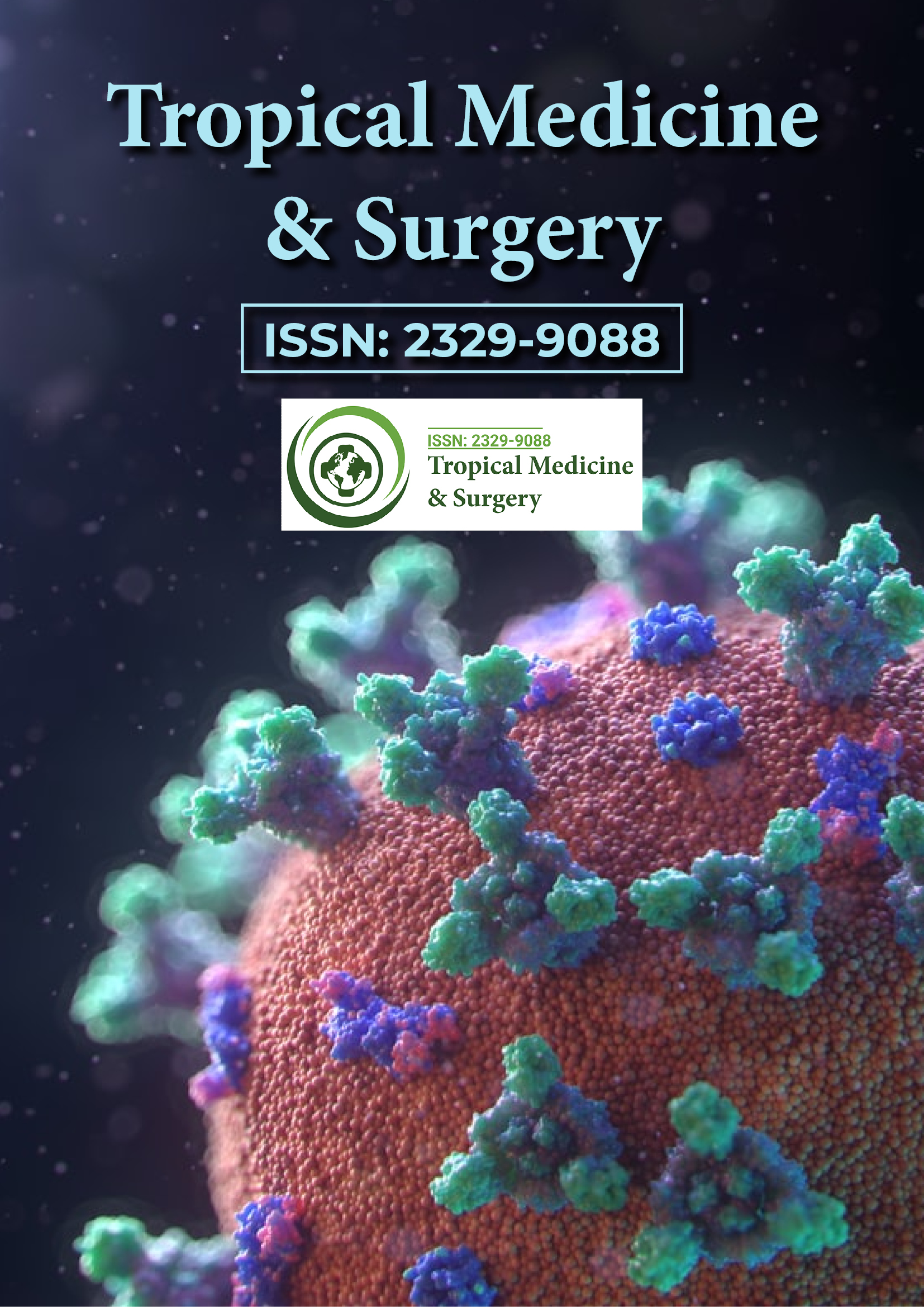Indexed In
- Open J Gate
- Academic Keys
- RefSeek
- Hamdard University
- EBSCO A-Z
- OCLC- WorldCat
- Publons
- Euro Pub
- Google Scholar
Useful Links
Share This Page
Journal Flyer

Open Access Journals
- Agri and Aquaculture
- Biochemistry
- Bioinformatics & Systems Biology
- Business & Management
- Chemistry
- Clinical Sciences
- Engineering
- Food & Nutrition
- General Science
- Genetics & Molecular Biology
- Immunology & Microbiology
- Medical Sciences
- Neuroscience & Psychology
- Nursing & Health Care
- Pharmaceutical Sciences
Short Communication - (2022) Volume 10, Issue 5
Major Role of Epidemiology and Its Relationship between Observational Variable and Experimental Variable
Taro Stadler*Received: 01-Aug-2022, Manuscript No. TPMS-22-18332; Editor assigned: 05-Aug-2022, Pre QC No. TPMS-22-18332(PQ); Reviewed: 18-Aug-2022, QC No. TPMS-22-18332; Revised: 25-Aug-2022, Manuscript No. TPMS-22-18332(R); Published: 02-Sep-2022
Description
Epidemiology is the study of the distribution and determinants of health-related states or events in defined populations, as well as the application of this knowledge to the prevention and treatment of health problems. Epidemiology is the study of disease outcomes in relation to a vulnerable population. The population at risk is defined as the group of people, healthy or sick, who would be counted as cases if they had the disease under investigation. For example, if a general practitioner were to track how frequently patients consult him about deafness, the population at risk would include those on his list who if they had a hearing problem would see him about it. Patients who had moved to another area but were still on the list would not consult that doctor. As a result, they would not be part of the vulnerable population [1].
Epidemiological studies are classified into two types
Observational studies: We do not intervene in the disease process, but instead simply observe the disease and its associated factors. The combinations are self-selected or are "natural experiments." Investigators are limited to observational studies for questions where assigning factors would be unethical. Because of the possibility of large confounding biases when there is an unknown association between a factor and an outcome, observational studies provide weaker empirical evidence than experimental studies. The symmetry of unknown confounders is broken. The greatest benefit of these studies is that they provide preliminary evidence that can be used to test hypotheses in larger experimental studies, such as randomised controlled trials. Researchers in this cluster study population health and the health determinants, including demographic, socioeconomic, psychological, behavioural, environmental, and biological risk and protective factors, using administrative databases existing health survey databases, as well as investigator-led populations, community health, and clinical studies [2].
Experimental studies: Entail making a deliberate intervention and observing the effect of that intervention. The goal of experimental research is to find a relationship between two variables: the dependent variable and the independent variable. The completion of an experimental research study, a correlation between a specific aspect of an entity and the variable being studied is either supported or rejected [3].
Dependent variable vs independent variable
There are two types of variables in analytical health research. We expect independent variables to influence dependent variables. What happens as a result of the independent variable is referred to as the dependent variable. For example, if we want to investigate whether high levels of vehicle exhaust influence the incidence of asthma in children, we would use vehicle exhaust as the independent variable and asthma as the dependent variable [4,5].
• An experiment can have many variables, but the two key variables that are always present are the independent and dependent variables.
• The independent variable is the one that the researcher changes or controls on purpose.
• The dependent variable is the factor that the study looks at. It changes in response to or is dependent on the independent variable [6].
REFERENCES
- Møller FT, Mølbak K, Ethelberg S. Analysis of consumer food purchase data used for outbreak investigations, a review. Euro Surveill. 2018; 23(24).
[Crossref], [Google Scholar], [PubMed].
- Havelaar AH, Kirk MD, Torgerson PR . World health organization foodborne disease burden epidemiology reference group 2007-2015. 2015.
- Ethelberg S, Smith B, Torpdahl M. Outbreak of non-O157 shiga toxin–producing Escherichia coli infection from consumption of beef sausage. Clin Infect Dis. 2009; 48(8).
[Crossref] [Google Scholar],[PubMed].
- Müller L, Kjelsø C, Frank C. Outbreak of Salmonella Strathcona caused by datterino tomatoes, Denmark, 2011. Epidemiol Infect. 2016;144:2802–2811.
[Crossref] [Google Scholar],[PubMed].
- Taylor J, Galanis E, Wilcott L. Salmonella Chester Outbreak Investigation Team. An outbreak of salmonella chester infection in Canada: rare serotype, uncommon exposure, and unusual population demographic facilitate rapid identification of food vehicle. J Food Prot. 2012;75:738–742.
[Crossref], [Google Scholar],[PubMed]
- Ung A, Baidjoe AY, Van Cauteren D. Disentangling a complex nationwide Salmonella Dublin outbreak associated with raw-milk cheese consumption, France, 2015 to 2016. Euro Surveill. 2019;24(3).
[Crossref], [Google Scholar],[PubMed]
Citation: Stadler T (2022) Major Role of Epidemiology and Its Relationship between Observational Variable and Experimental Variable. Trop Med Surg.10: 276.
Copyright: © 2022 Stadler T. This is an open-access article distributed under the terms of the Creative Commons Attribution License, which permits unrestricted use, distribution, and reproduction in any medium, provided the original author and source are credited.
